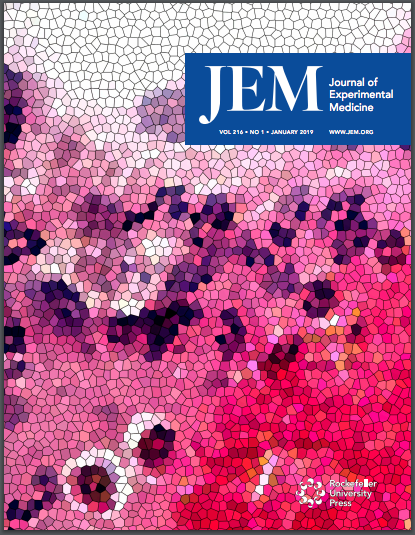
A physicist and a radiation health expert have had two papers about people’s exposure to radiation following the Fukushima nuclear plant disaster subject to expressions of concern.
The authors of the two papers are Makoto Miyazaki, a of the department of radiation health management at Fukushima Medical University, and Ryugo Hayano, a professor of physics emeritus at the University of Tokyo. As the Asahi Shimbun put it last week, referring to one of the two papers: Continue reading Journal flags papers about radiation exposure following Fukushima disaster








